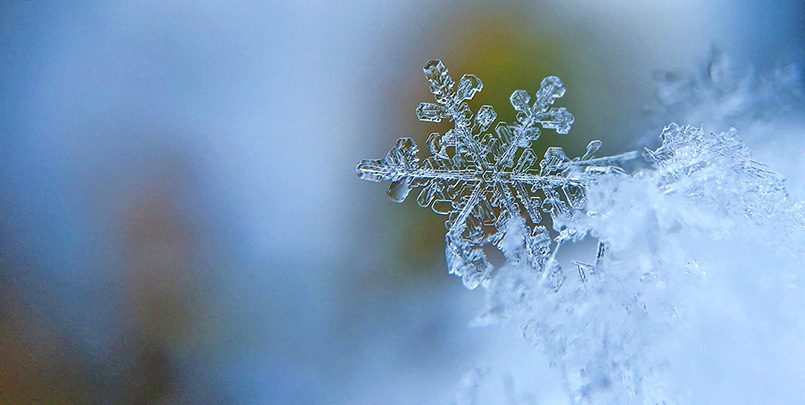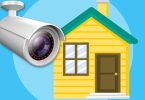Updated November 2024
Don’t let this happen to you. You’ve buttoned up your summer vacation rental home for the season – or so you thought – only to get a phone call from your neighbors saying that they noticed water coming from under your front door! When frozen pipes thaw, flooding can result and cause extensive structural damage and mold problems.
Here are some tips for fall maintenance and protecting your home in the off-season.
Interior
- Dust and vacuum all surfaces, behind and under furniture, and under seat cushions.
- Look up! Get rid of cobwebs in corners and around light fixtures, ceiling fans, and bathroom vents.
- Wash woodwork, doors, frames, window trim, sills, baseboards, stair risers, slider tracks.
- Wash walls, especially in hallways and stairwells. (Mr. Clean Magic Eraser is great at getting out marks and stains on walls and other surfaces.)
- Dry clean draperies and wash curtains.
- Steam clean or spot clean carpets and rugs.
- Launder all washable comforters, mattress covers, linens, pillowcase covers, blankets, and throws.
Exterior
- Clean gutters.
- Rake leaves from lawn.
- Reseed any bare spots (fall is the best time to reseed).
- Prune trees and bushes.
- Drain and store garden hoses.
- Clean patio/deck/porch furniture.
- Drain outside shower and outside spigots.
- Wash out trash barrels.
- Clean grill.
For three-season homes
If you turn off the heat in your rental home every winter, you’ll need to drain your pipes to prevent them from breaking when they freeze. It’s probably best to have this done by your plumber.
Also,
- Completely empty the refrigerator, turn it off, and prop the door open.
- Remove any perishable items including sugar, flour, rice, etc.
- Store candles and bar soaps in a secure place to avoid mice.
- Put out some ant traps.
For year-round homes
Keep your thermostat at a minimum of 55º when you’re not there. Check to be sure the pipes are properly insulated, particularly in the crawl spaces near outside walls (i.e., under the kitchen sink or behind the washing machine). For added protection, ask your plumber to wrap pipes with heat tape or thermostatically controlled heat cables. One more tip – open cabinet doors to allow heat to get to pipes under sinks that are near exterior walls.
In case of power loss
Power outages are fairly common on the Cape and Islands, so take measures to protect your home, especially if your heat is dependent on electricity. If possible, enroll in a monitoring program with your fuel company. They can install a heat sensor, which detects a temperature drop and alerts the company, who can take immediate action.
Added protection
New technology enables homeowners to monitor and regulate their homes, even from a distance. Smart devices can help integrate your home lighting, thermostats, and security systems. You can monitor the temperature of your home remotely with many thermostats. Some devices, like the Minut device, can even monitor sound levels in your home.
Otherwise, you might hire a caretaker or home watch service to regularly check on your home, especially during cold spells. We have some listed in our Service Provider directory.
Be energy efficient
This is the time of year to take advantage of the Mass Save Home Energy Assessment program. Identify energy efficient upgrades and inquire about rebates and interest-free loans.
Schedule a FREE home energy assessment with Cape Light Compact HERE or call 1-800-797-6699.








We purchased a thermostat that connected to a lamp that can be seen by neighbors. When the temp dropped below 45 degrees, it triggered the lamp to turn on, a neighbor saw it and contacted us. Our furnace had given out and needed to be replaced. Small investment saved us much more than the cost of the furnace.
A good idea, Joyce. Sounds like you have nice neighbors! My only question is what happens if the power were to go out and the lamp could not be turned on to alert your neighbor that the temperature in your home had dropped?